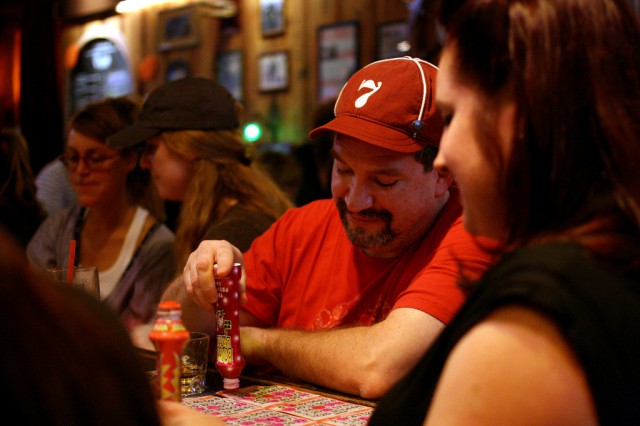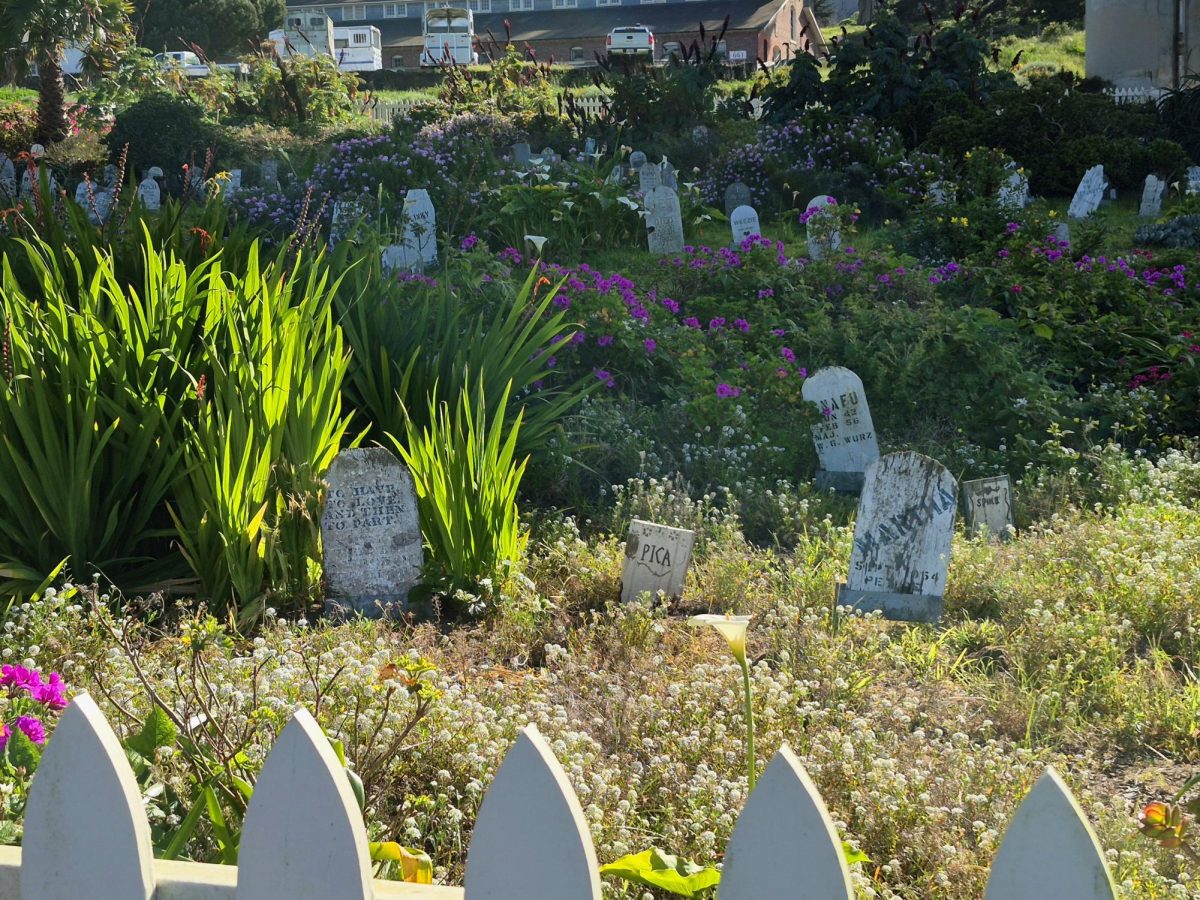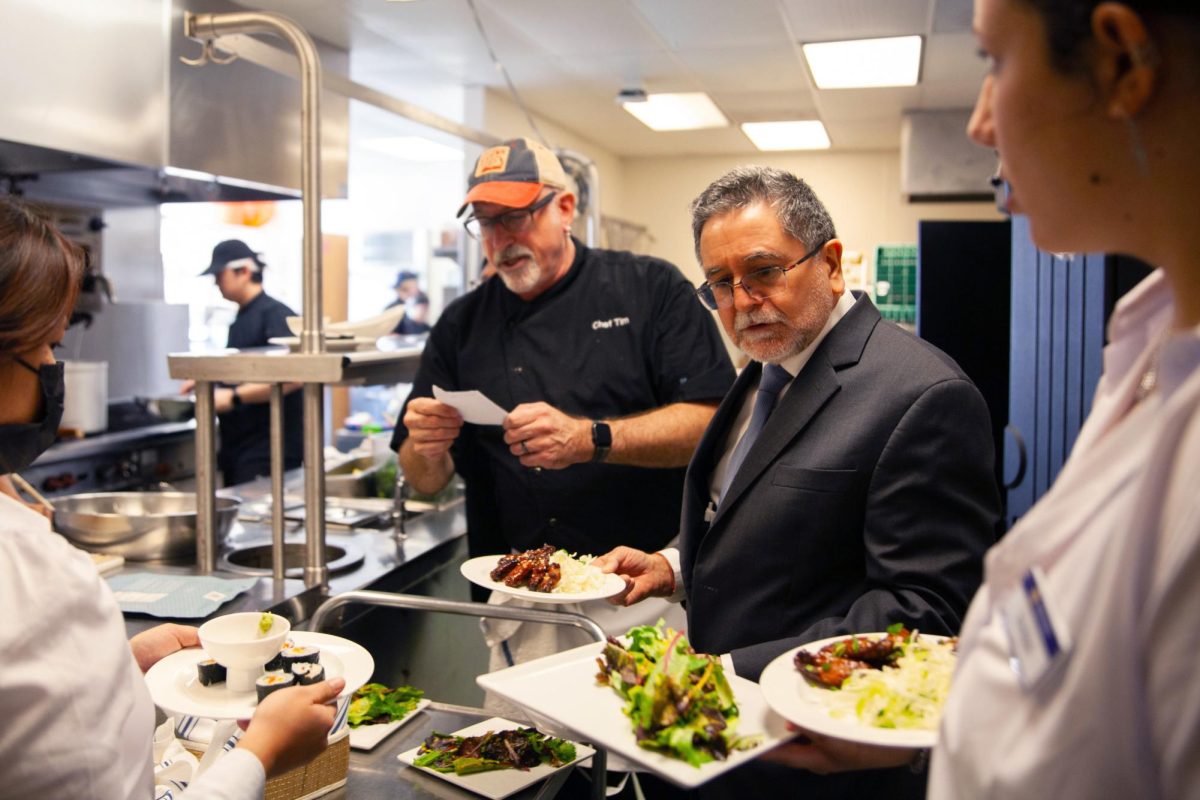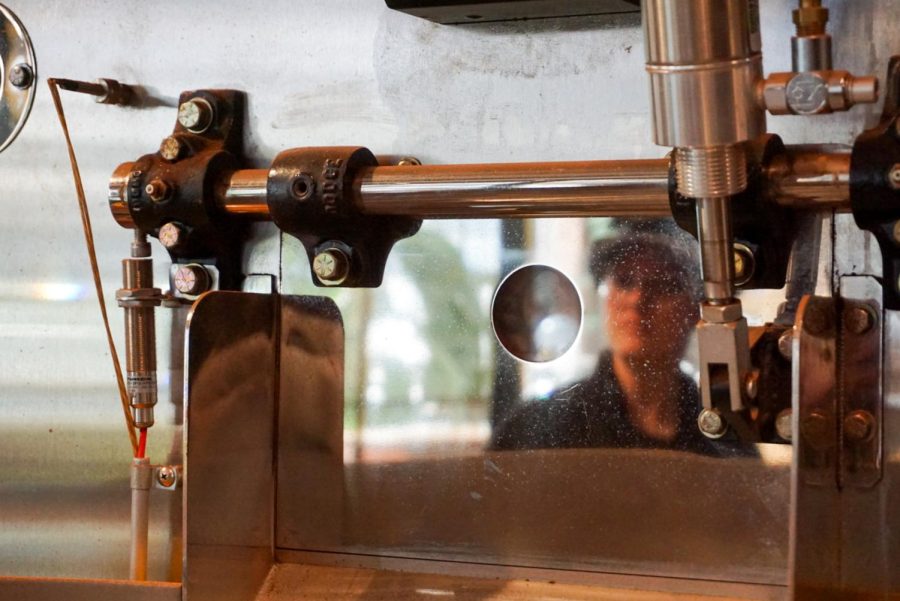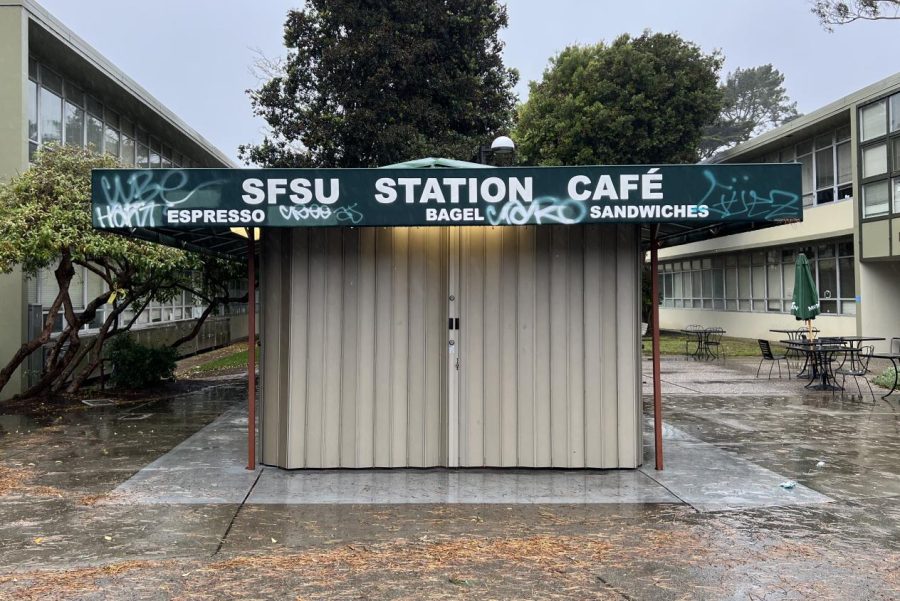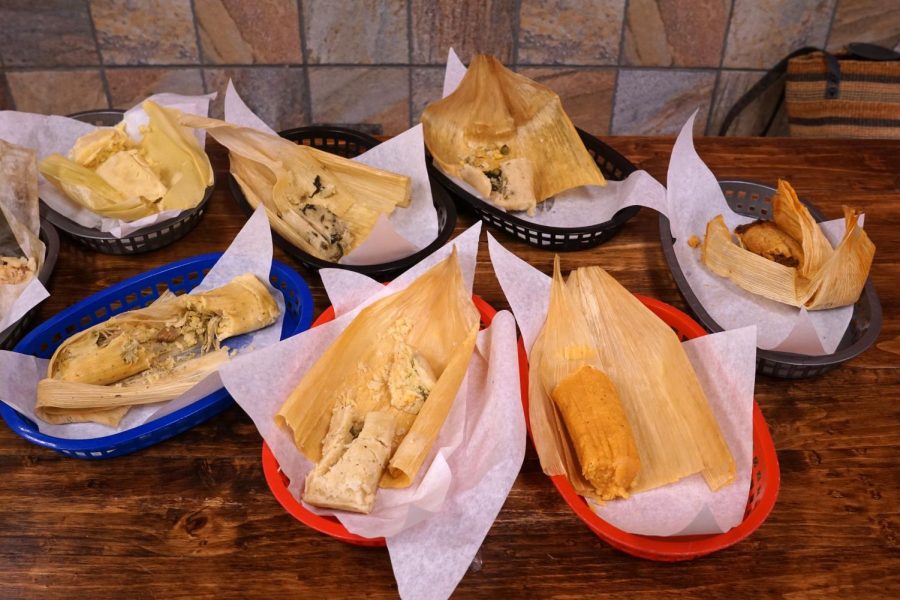
It’s an expensive lunch in San Francisco. There’s that seven dollar sandwich, that six dollar salad- convenient but hardly satisfying. Fast food has taken away our desire to cook. Many blame it on high produce prices- or simply not having time to shop. With the new trend of “going local” when it comes to food, students of San Francisco State are turning to affordable Community Supported Agriculture subscriptions for their daily dose of vegetables.
A CSA subscription is the equivalent of buying stock in a farm. Subscribers help the farmers to speculate how much to grow for the season. When subscribing to a CSA, customers receive an affordable box of produce anywhere from 7-20 lbs. of seasonal fruits and vegetables to be delivered to their house. “Our weekly rate of $22 gets you between 8 and 10 items from the farm, at prices slightly below what we charge at the farmer’s market,” says Mia Riddle, The CSA coordinator of Blue House Farm.
Inside these produce boxes is a random grab bag of pesticide free, seasonal produce. Although customers won’t know what’s inside their subscriptions until they receive it, they are assured with something even better: fresh produce. “I like it because it is a surprise, you don’t get to pick or choose what you are getting,” says Cat Collins, a SFSU student who receives her CSA box from a farm in Watsonville called Ground Stew. “If you get a bell pepper that is a little bit shriveled that you would never pick up at a farmers market and you cut it open and you see that it is completely fine you really understand there is no reason to be wasting produce.”
Supermarkets provide a colossal amount of produces that shoppers, at times, never anticipated needing. The USDA estimated in 2012 that collectively supermarkets threw away $15 billion in unwanted fruits and vegetables. CSA subscriptions help lessen this wasteful act. “You get access to much fresher produce than what you’d see at a grocery store, and a chance to help out a small organic farm directly and be part of the movement for a better food system,” says Mia Riddle, the CSA coordinator at Blue House Farm outside Pescadero. Subscribers not only get fresh produce; they help unsold produce find a happy home and a hungry stomach.
It really is up to the eater to decide how much they want to consider their meals before injesting them. Supermarkets will always be available and needed. CSA subscriptions cannot replace them. However as these produce boxes become affordable and available many, shoppers can feel good about supporting a local cause. The risk is really in the surprise – if you’re afraid to try new things, a CSA probably isn’t for you. Many of our subscribers tell me ‘I never tried that before! I loved it!’ and that always makes my day. A CSA has the power to change the way you eat, forever.”



